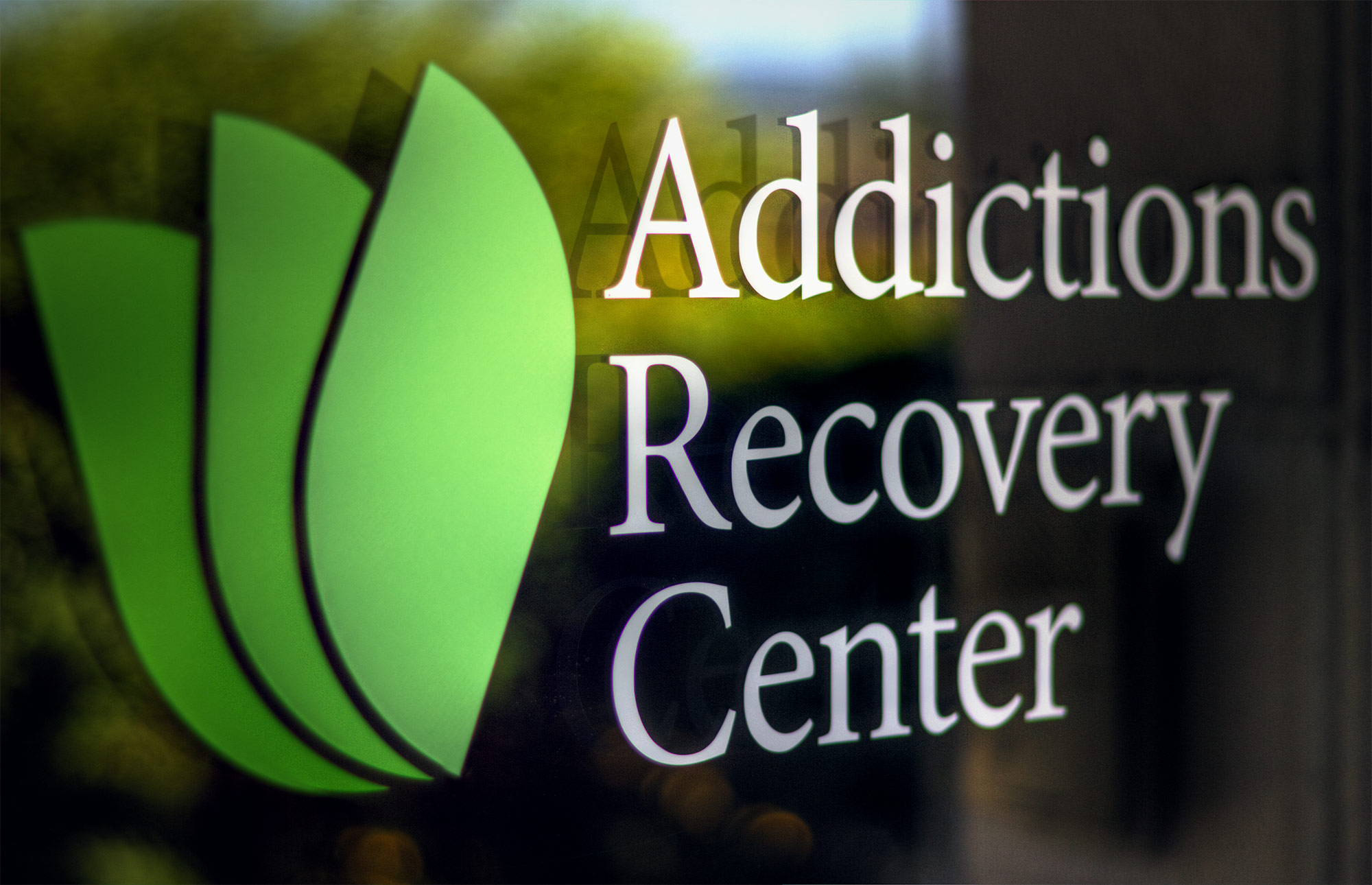Specialist Advice: Navigating Options for an Addiction Treatment Center
Specialist Advice: Navigating Options for an Addiction Treatment Center
Blog Article
Browsing the Journey of Detoxing in the Comprehensive Addiction Treatment Program
The procedure of detoxification holds a substantial role in breaking the physical reliance on substances and preparing the person for the succeeding phases of therapy. As people grapple with the obstacles of withdrawal signs and symptoms and the unpredictabilities that lie ahead, having a robust support and an organized strategy system in place comes to be paramount.
Value of Detoxification in Recuperation

Detoxification establishes the structure for the rest of the addiction therapy program by preparing the person for further treatment and therapy. By cleansing the body of materials that have actually been clouding judgment and affecting actions, detox allows people to approach their healing with a more clear mind and stronger focus.
Moreover, cleansing helps in handling the possibly severe withdrawal signs and symptoms that may occur when medicine or alcohol use is quit. Clinical professionals closely keep track of patients during detox to guarantee their safety and offer essential support. Via this process, people can start their journey towards sobriety with a supported psychological and physical state, increasing the likelihood of a successful recuperation.
Comprehending the Detox Refine
Detoxification, a fundamental part of dependency therapy programs, includes an organized procedure targeted at safely getting rid of dangerous compounds from the body to facilitate a successful recovery journey. The detox process usually starts with an evaluation to evaluate the individual's substance usage background, physical health, and mental well-being. This examination assists health care professionals figure out one of the most ideal detoxification strategy customized to the person's requirements.
During detoxification, the body undergoes withdrawal as it adapts to the absence of the material. Withdrawal signs differ relying on the kind of compound used, the period of usage, and private variables. Clinical supervision during detoxification is essential to manage withdrawal signs and make sure the person's safety and security and convenience.

Handling Withdrawal Signs

Drugs might be made use of to relieve particular withdrawal signs and symptoms and minimize pain. Drugs like methadone or buprenorphine can help take care of opioid withdrawal symptoms, while benzodiazepines may be used for alcohol withdrawal. It is essential for read doctor to thoroughly keep track of the person's response to these drugs to ensure their safety and efficiency.
Along with pharmacological treatments, helpful therapies such as therapy, peer support system, and all natural methods like mindfulness reflection or yoga can help individuals handle the emotional and psychological difficulties of withdrawal. By addressing withdrawal signs comprehensively, medical care suppliers can enhance the cleansing experience and support individuals on their journey to recuperation.

Assistance Systems During Detoxification
Support group play a vital function in supplying psychological and social help to people going through detoxification in addiction treatment programs. Throughout the detoxification process, individuals commonly experience a variety of emotional and physical withdrawal signs, making this phase difficult - Addiction Treatment Center. Having a solid support group in position can considerably influence the person's ability to browse via detox effectively
Assistance teams give a system for people to link with others that are going via similar experiences, supplying a sense of community and shared their website understanding. Health care specialists, including counselors, therapists, and physicians, play an important function in monitoring the individual's progress, giving medical support, and supplying assistance throughout the detoxification process.
Looking Ahead: Life After Detoxification
Having actually effectively completed the detoxification stage, individuals in addiction treatment programs now concentrate on getting ready for the obstacles and possibilities that exist in advance in their journey in the direction of recovery. Life after detoxification marks an important shift period where people should remain to build on the development made during detox to preserve their soberness. It is important for individuals to identify that the journey towards recuperation is continuous and requires commitment, dedication, and a determination to accept modification.
One key facet of life after detoxification is the growth of coping devices to take care of triggers and yearnings that may emerge. This might include discovering brand-new skills, such as mindfulness practices, cognitive-behavioral methods, and anxiety monitoring methods, to browse challenging scenarios without turning to compound usage. Additionally, people are urged to proactively participate in recurring treatment, assistance groups, and aftercare programs to enhance their assistance network and obtain assistance as they browse the intricacies of life post-detox.
Conclusion
To conclude, detoxification is an important part of the thorough addiction therapy program. Recognizing the detoxification procedure and see this here managing withdrawal signs are vital actions in the direction of recuperation. Assistance systems play a significant role throughout this challenging journey. Addiction Treatment Center. Looking in advance, life after detox holds assurance for a much healthier, substance-free future. It is essential to identify the importance of detoxification in the procedure of conquering dependency and relocating in the direction of a life of soberness.
Clinical guidance throughout detox is vital to take care of withdrawal symptoms and make certain the person's safety and security and convenience.
By recognizing the detoxification procedure and its significance in breaking the cycle of dependency, people can embark on a path towards lasting recovery.
During the detox process, individuals typically experience a variety of psychological and physical withdrawal symptoms, making this stage tough. Medical care experts, including physicians, therapists, and therapists, play a crucial duty in checking the person's development, offering clinical assistance, and providing guidance throughout the detoxification process.
Life after detox notes a crucial transition period where people should proceed to build on the development made throughout detoxification to keep their sobriety.
Report this page